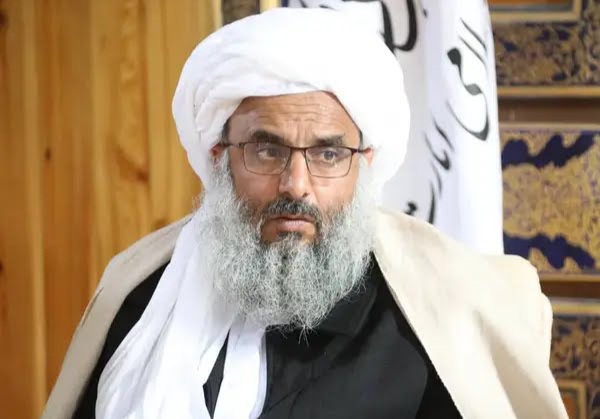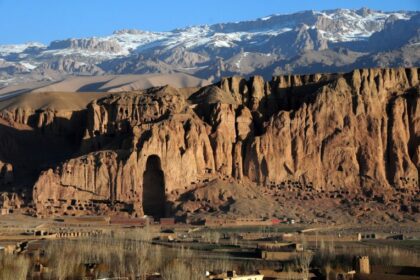RASC News Agency: Following a surge in targeted killings of non-Pashtun ethnic groups, particularly Tajiks, and ongoing violence against Shias Muslims by Taliban militants in Herat, along with widespread public protests in the province, the Taliban’s governor in Herat addressed the issue to quell public dissent. Claiming that the Taliban system was unbiased and non-discriminatory, he cited the book “Beliefs of the Mu’tazilites,” to label Shias as a “Apostasies sect” and alleged that they had conspired with infidels throughout history. Noor Ahmad Islamjaar, the current Taliban governor of Herat, published the book in May 2021, portraying Shia beliefs as a “grave-worshipping and Apostasies sect,” on page 174, attributing its foundation to Abdullah ibn Saba, a Jew. He contends that the belief in Imamate, a tenet of Shias faith, mandates denial of the end of prophethood, negating monotheism and belief in Quranic distortion.
Self-styled as the “Sheikh of Hadith,” Islamjaar accuses Shia followers of maligning noble companions, asserting Shias served as tools for infidels throughout Muslim history. Concurrently, credible sources in Taliban schools have confirmed to RASC that this discriminatory and hate-filled book is being taught to teenagers in Taliban schools. This book, titled “Discussions on Matridi Theology,” written in Arabic by the Taliban’s governor in Herat, refers to Shia Muslims as “infidels” and accuses them of slander against the companions of the great Prophet of Islam. While the Taliban leaders fabricate narratives and forge Pakistani school incidents to achieve their political goals, they engage in promoting sectarianism and generating animosity between religions and ethnicities. In the past week, members of this group killed six Shia civilians, including two religious scholars, through shooting in Herat province, injuring three others. Employing deceptive narratives, Taliban leaders manipulate Pakistani schools for political ends, sowing sectarian discord and heightening hostility among diverse religious sects and ethnicities. Recent days witnessed this group resorting to gunfire, targeting Shia civilians in Herat province. The outcome: six lives lost, including two religious scholars, and three others injured. According to sources, these victims, riding motorcycles, fell prey to Taliban militants in the Shia-concentrated central Herat region. Initially, the Taliban compelled them to disembark from a three-wheeled “rickshaw” before subjecting them to gunfire, which claimed the lives of the two religious scholars.
Subsequent to this event, Shia residents of Herat, bearing the coffins of the deceased in the Jabriyal area, staged protests against the brutal massacre of Shia Muslims. The Taliban’s Herat governor, who, through this book, issued a fatwa branding Shia followers as infidels and accusing them of unjustly maligning the prophet and his companions, downplayed his involvement amid public protests condemning the lack of impartiality towards citizens and religious communities in the Taliban regime. Previously, the Taliban’s intelligence-affiliated online platform, “Almarsad,” disseminated an article drawing parallels among the Kharijites, ISIS, and Shias, asserting their equivalence in ignorance and purported threat to Islam. According to the intelligence website of the Taliban group, the common ground between the Kharijites and Shia lies in their level of ignorance and lack of awareness about Islam. Furthermore, in this article, Shia Muslims are explicitly referred to as the “sedition of the Ummah,” claiming that they are attempting to harm Muslims.
Simultaneously, citizens and political leaders have unequivocally denounced the Taliban’s deliberate massacres targeting non-Pashtun ethnicities. Since the Taliban’s assumption of control in Afghanistan, ethno-linguistic and nationalist violence perpetrated by the Taliban against non-Pashtun ethnic groups and religious minorities has intensified. In an effort to manipulate the socio-political landscape, this faction seeks to erode the strength of various ethnicities other than Pashtuns, using divisive tactics based on linguistic, ethnic, and religious differences. Their ultimate aim is to establish absolute national and tribal hegemony, ensuring their long-term control. Conversely, the UNAMA, the UN mission in Afghanistan, has forthrightly declared a sharp escalation in violence against religious minorities in the past month in Kabul, Balkh, and Herat provinces.






